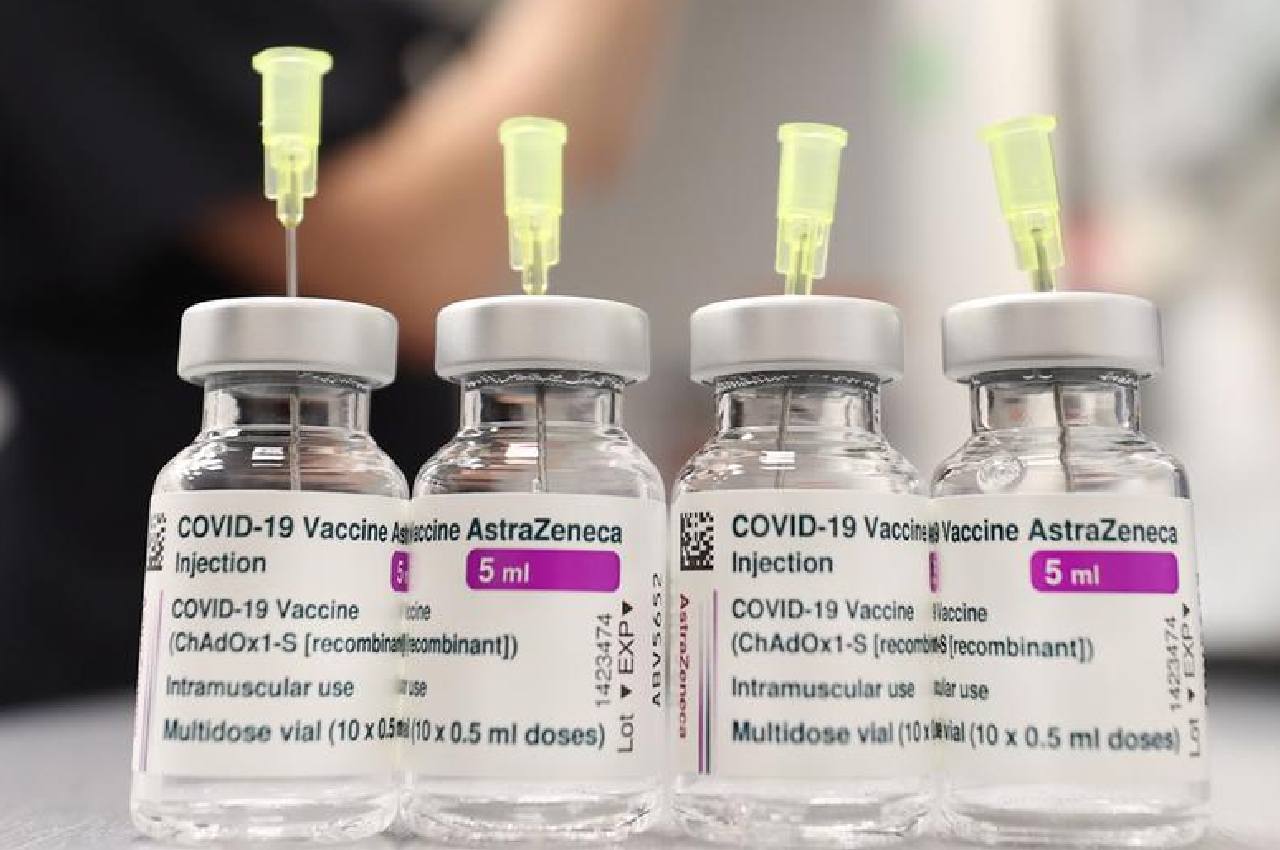New Delhi: AstraZeneca’s Covid vaccine has been linked to a 30-percent higher risk of getting a very rare blood clotting condition compared to the Pfizer jab, a large international study said Thursday. This was reported by news agency AFP.
Thrombocytopenia syndrome is a possible side effect of vaccine
Several countries have already altered their advice after previous research indicated that — in a tiny number of cases — thrombosis with thrombocytopenia syndrome (TTS) can be a possible side effect of Covid vaccines that use an adenovirus vector, or “engineered” virus, such as those from AstraZeneca and Johnson & Johnson.
The new study, published in the British Medical Journal (BMJ), was the first to compare thrombocytopenia rates between adenovirus and mRNA vaccines — such as Pfizer — across multiple countries.
Research team analyzed the data of over 10 million adults
The international research team analyzed health data from more than 10 million adults in France, Germany, the Netherlands, Spain, the United Kingdom and the United States who received at least one vaccine dose between December 2020 and mid-2021.
In Germany and the UK, they matched the data of 1.3 million people who had a first dose of AstraZeneca to 2.1 million who took Pfizer.
There were a total of 862 “thrombocytopenia events” recorded in the 28 days after a first dose of AstraZeneca, compared to 520 for Pfizer, the study said.
That meant AstraZeneca’s vaccine had a 30-percent higher risk of thrombocytopenia than Pfizer.
Main outcome measures of the study
Thrombosis with thrombocytopenia syndrome or venous or arterial thromboembolic events within the 28 days after covid-19 vaccination. Incidence rate ratios were estimated after propensity scores matching and were calibrated using negative control outcomes. Estimates specific to the database were pooled by use of random effects meta-analyses.
Here’s how to find out if your blood is experiencing clots
D-dimer test
D-dimer tests are used to check for blood clotting problems. Blood clots can cause health problems, such as: Deep vein thrombosis (DVT) Disseminated intravascular coagulation (DIC) Pulmonary embolism (PE).










